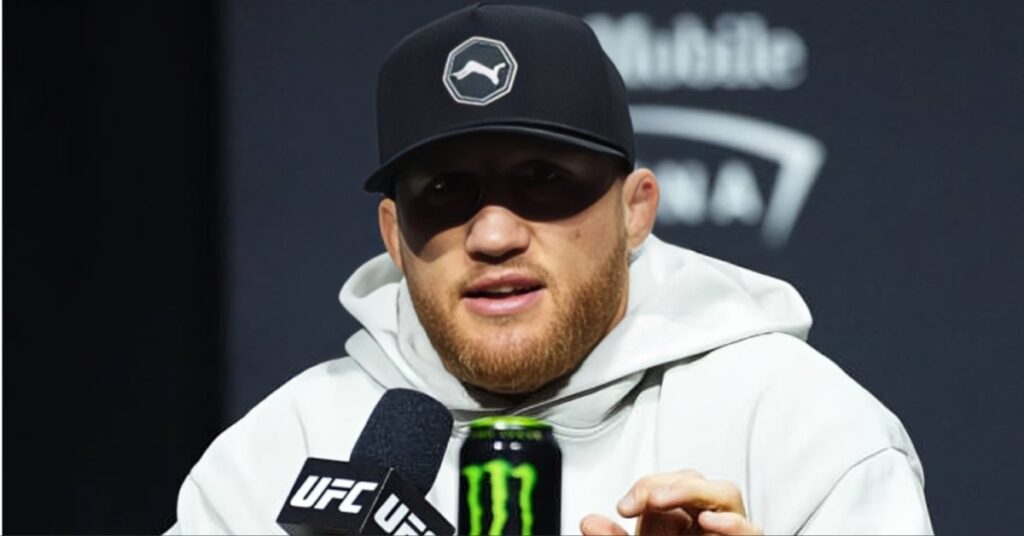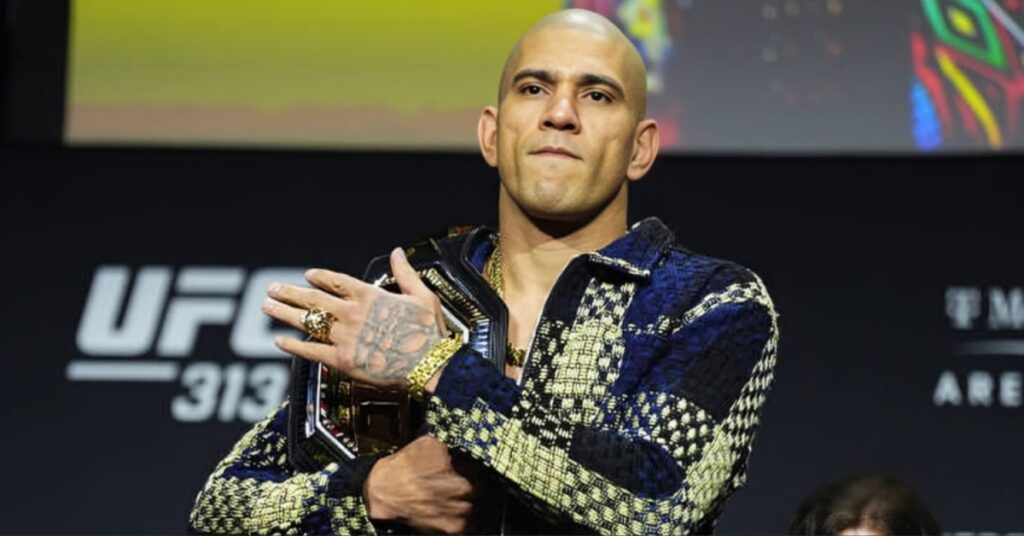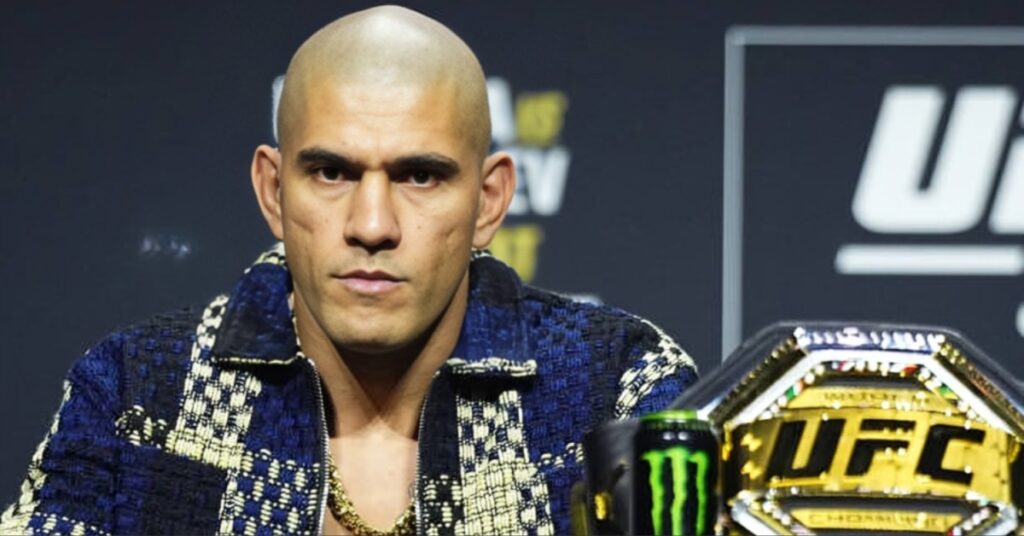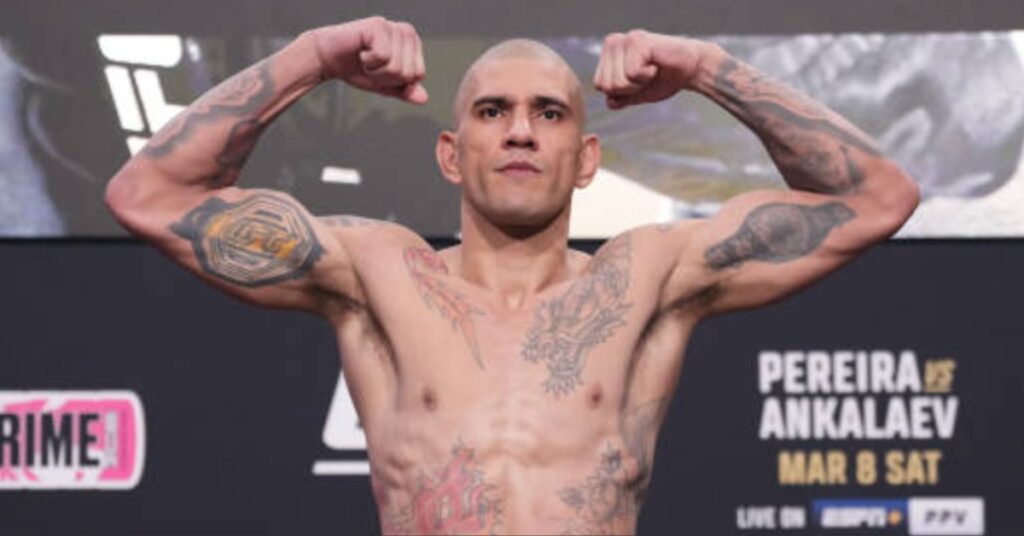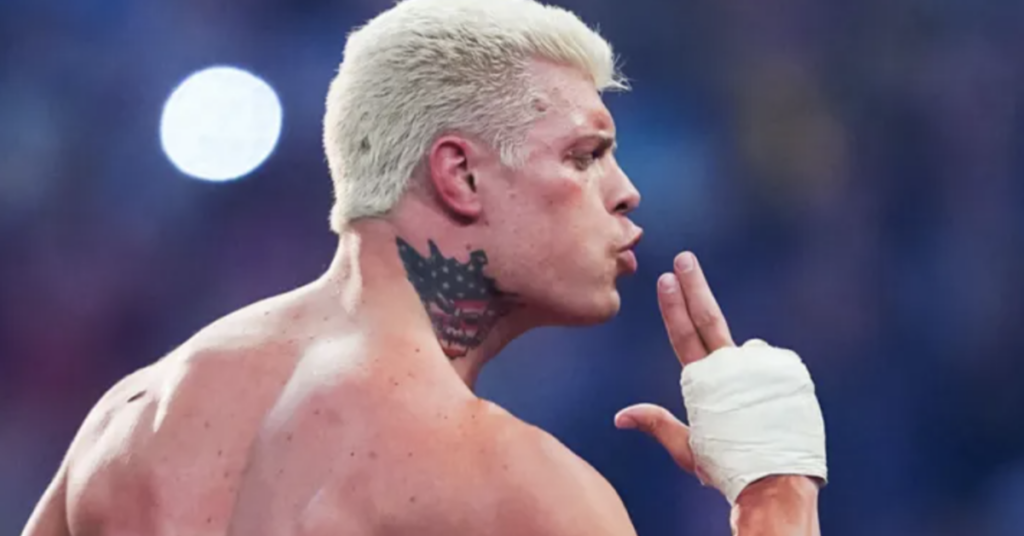UFC Heavyweight Division-Quality Beats Quantity
The old adage that ‘quality beats quantity’ is a perfect description of the UFC heavyweight division held by Cain Velasquez, a former NCAA Division 1 All American wrestler. There are only 24 fighters currently competing within the 265 pound division. Sixteen of those fighters are home-grown American fighters, five are Brazilians, two are Dutch, and there is one very popular Super Samoan from Sydney Australia named Mark Hunt.
Amongst this small group of 24 fighters is a former Olympic wrestler Daniel Cormier; two former professional footballers Matt Mitrione & Brendan Schaub; a WBC World Muay Thai Champion Shane Del Rosario; a two time Brazilian Jiu Jitsu World Champion Fabricio Werdum; a Golden Gloves Champion Stipe Miocic; and two former k1 world champions Mark Hunt & Alistair Overeem.
Also in the group is respected former Pride heavyweight Champion Big Nog along with former UFC heavyweight champions Frank Mir, Jnr Dos Santos and Josh Barnett. The diversity and skill set amongst this small group of fighters is nothing short of impressive. There is no ‘one size fits all’ when it comes to the experience and background of these athletes.
Within the group are eight Brazilian Jiu Jitsu black belts including Josh Barnett, Jnr Dos Santos, Brandon Vera, Gabriel Gonzaga, Frank Mir, Roy Nelson, Minotauro Nogueria, and ‘Bigfoot’ Silva.
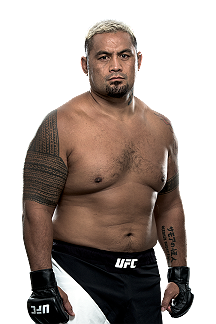 Whats also fascinating about this division is that it has matured like a fine red wine. Only 6 of the 24 fighters competing are under thirty years of age. In the next few years we can expect a whole new generation of fighters to emerge in the division as the veterans move closer and closer towards retirement.
Whats also fascinating about this division is that it has matured like a fine red wine. Only 6 of the 24 fighters competing are under thirty years of age. In the next few years we can expect a whole new generation of fighters to emerge in the division as the veterans move closer and closer towards retirement.
Finding talented new heavyweight fighters however may not be such an easy task. Outside of the US there are only 8 fighters out of 24 on the current roster. This would indicate that the participation of heavyweight athletes needs to strengthen considerably outside the US and Brazil.
It appears that American wrestlers and Brazilian Jujitsu practitioners will continue to dominate the ranks unless other countries can develop world class trainers and facilities.
Currently, most of the world class facilities and top athletes are pooled within the US, Canada and Brazil. In Australian for example, there are
Being able to influence a social shift in the sporting preferences that are made. This is one reason why the Olympic Committee’s decision to withdraw wrestling has been so controversial. Wrestling has become a bread and butter skill set for any MMA athlete.
So, here is the question I pose to you. Will the UFC be able to develop a rich and deep talent pool outside of North America and Brazil considering that many regions currently do not have sophisticated programs in place?


